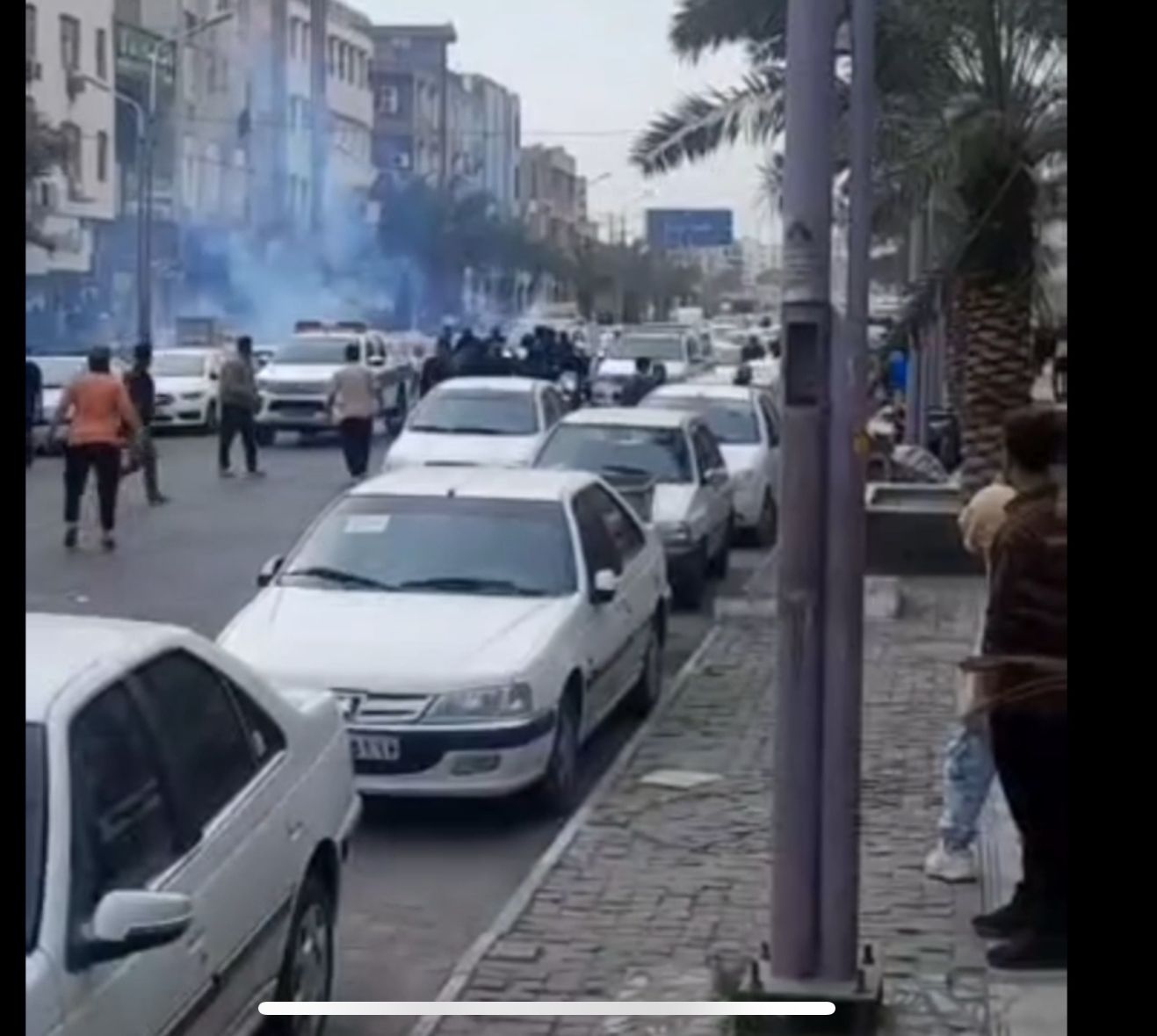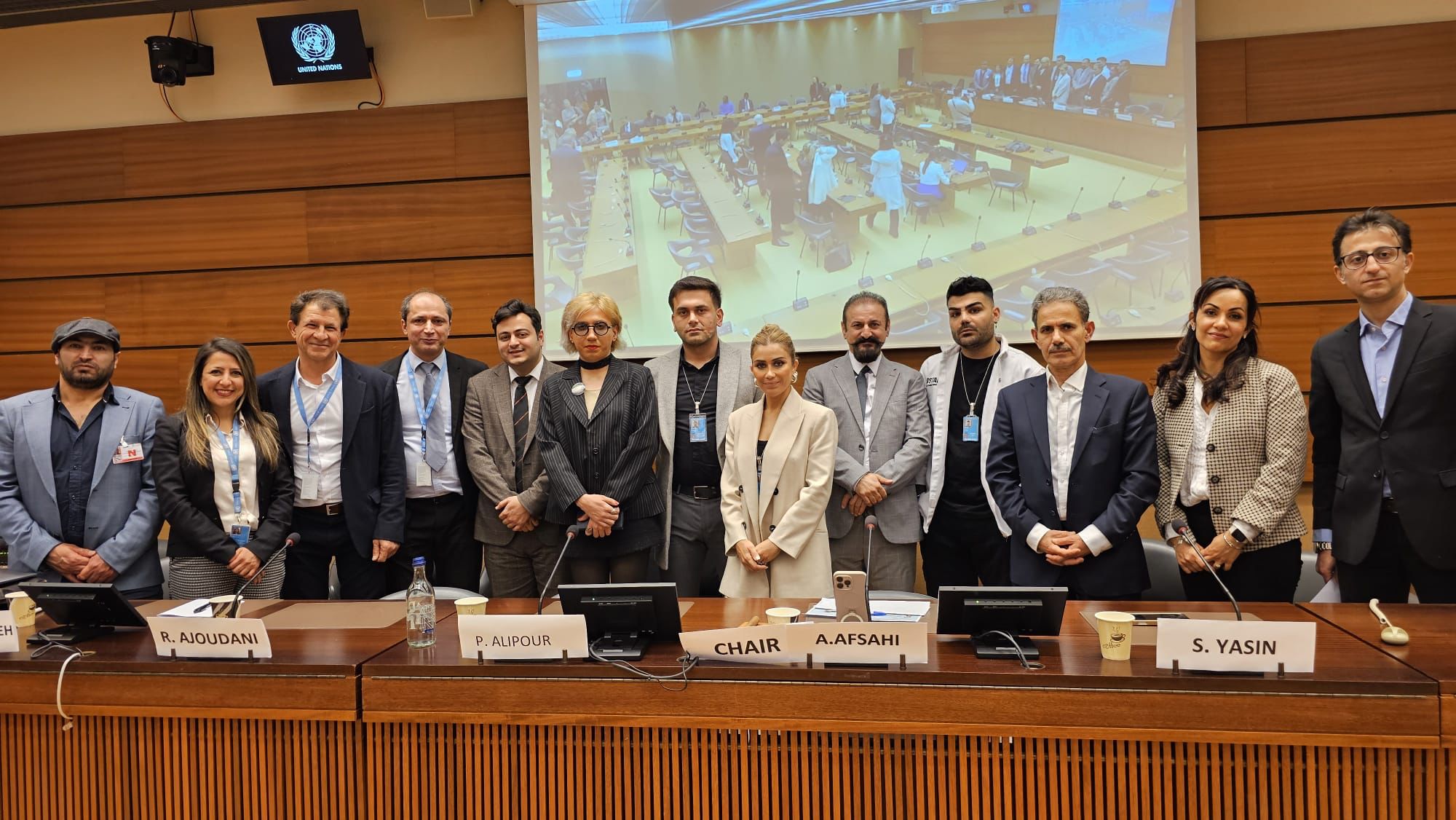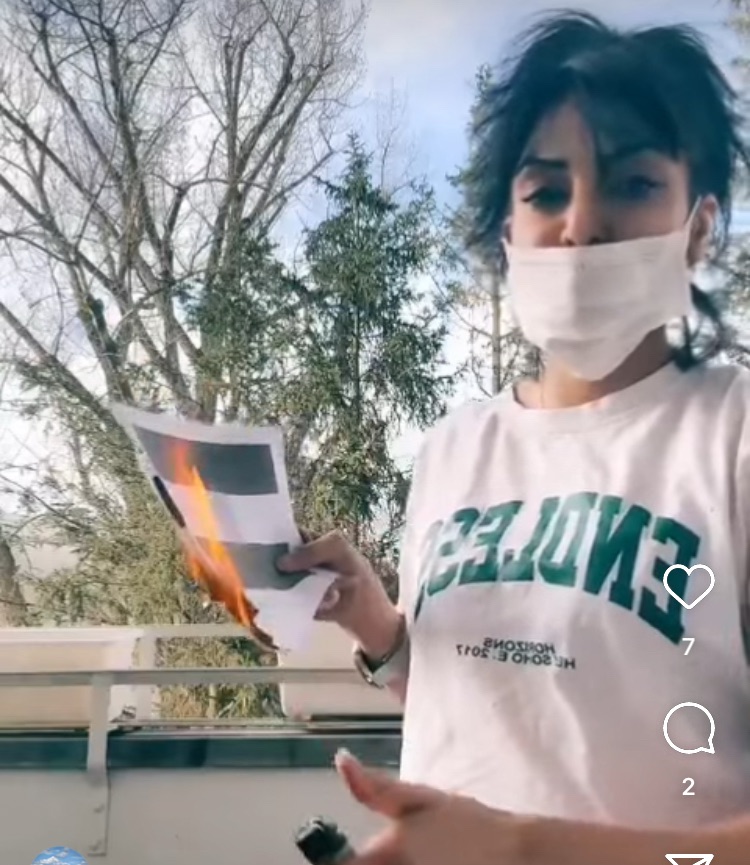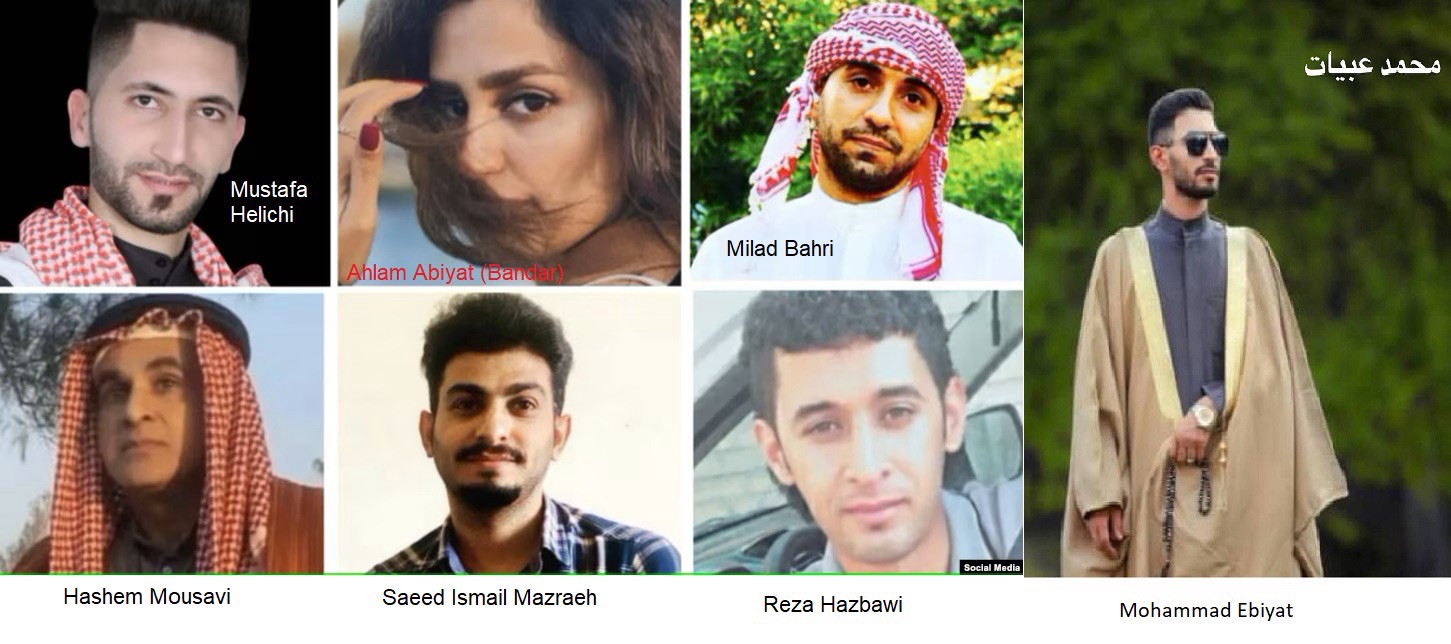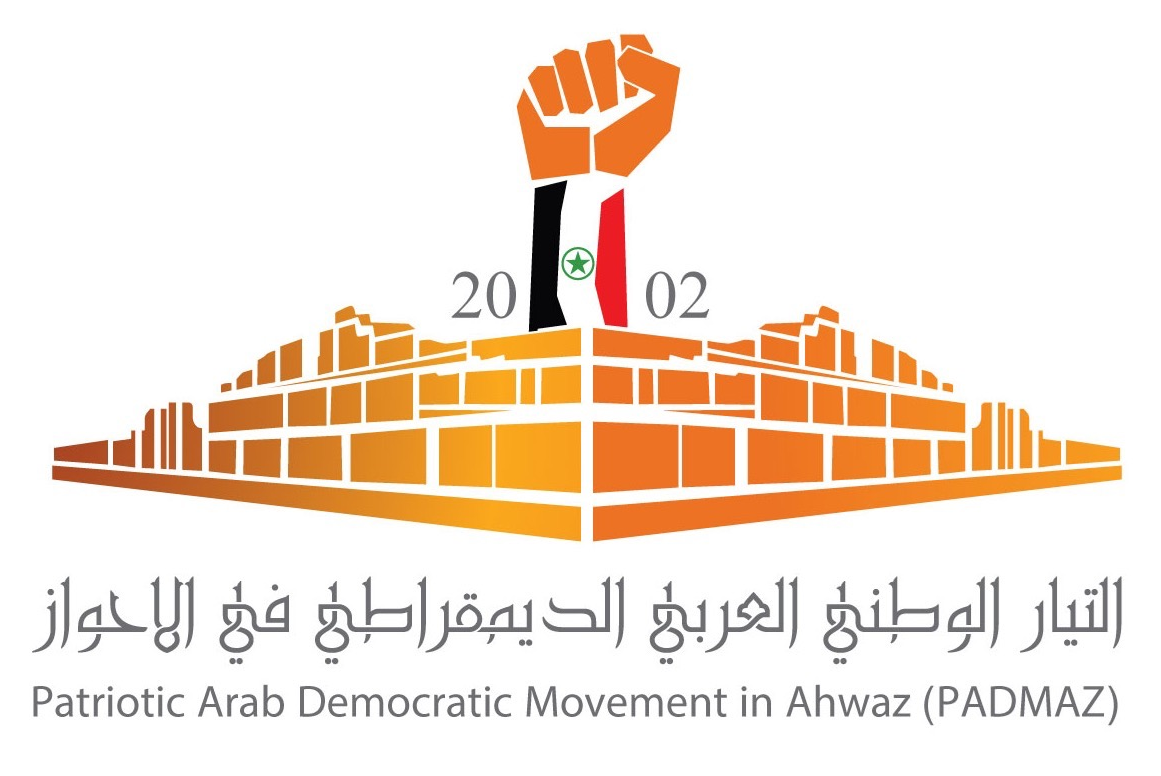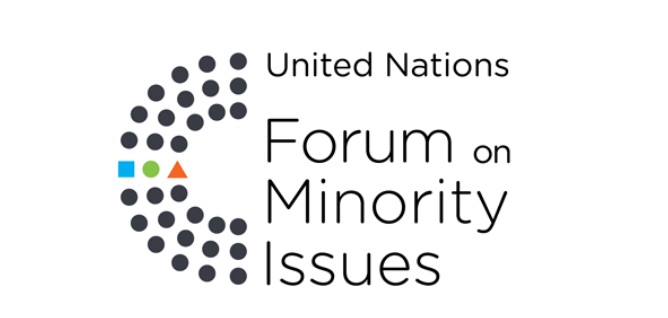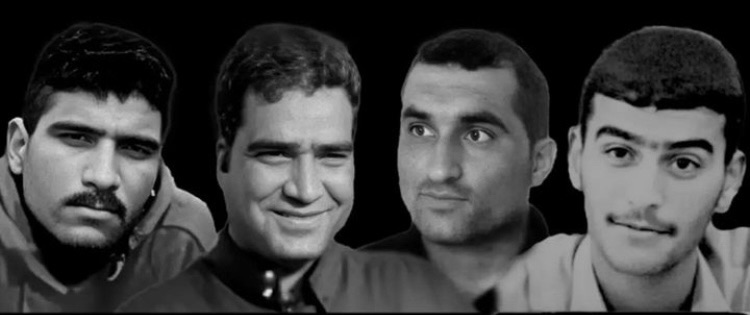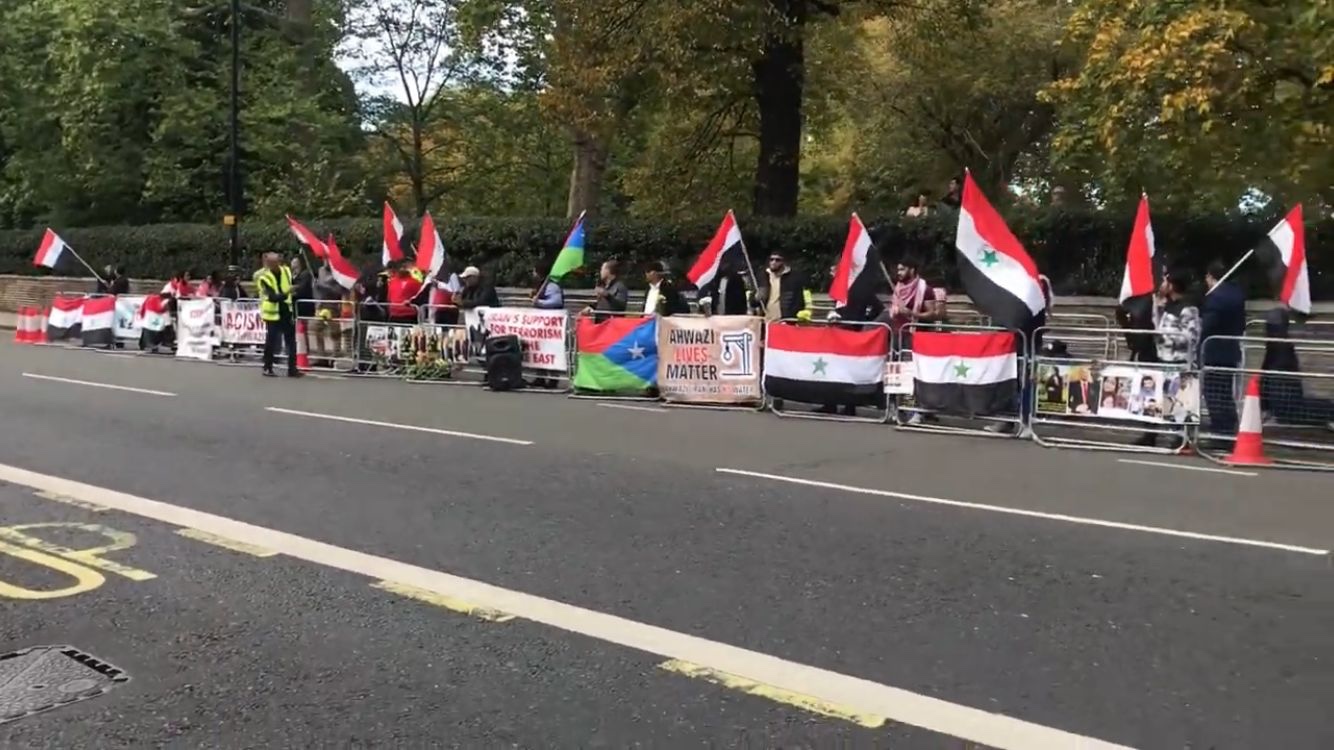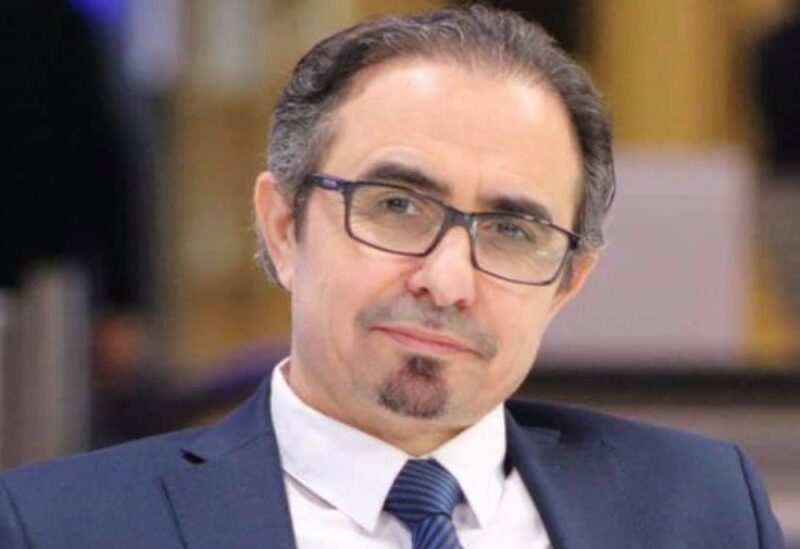Stop Iran’s serial killing of Ahwazis

More Murder by the Iranian Regime, as its Systemic Racism Claims More Ahwazi Lives
Even as mass demonstrations have erupted across the world over the murder of a man, George Floyd, in the United States, three more Ahwazi men have been killed by Iranian forces without any significant outcry. All three were unarmed and going about their daily lives when they were shot with no justification by regime troops, who routinely maim or kill Ahwazis in the Ahwaz region of the south and southwest Iran, with impunity.
Tallha Abdulrazaq, a researcher at the University of Exeter’s Strategy and Security Institute and winner of the 2015 Al Jazeera Young Researcher Award, commented: “The Iranian regime has for decades shown a wanton disregard for international human rights laws and the standards and conventions enshrined by the United Nations charter. Tehran not only continues to execute Ahwazi political prisoners who have been either arrested on spurious charges, or who have had little to no access to fair hearings or legal assistance, but also continues to engage in racist and deadly policies, showing a complete disregard for the sanctity of human life.
Abdulrazaq added, “From 2017 to 2019, around 8 Ahwazis among them children were also shot dead despite having not committed any capital offences under the Iranian penal code, and they have repeated this again by shooting and killing 3 other young Ahwazi men in less than a month this year. This situation has been allowed to continue and fly generally under the radar of human rights watchdogs and international legal bodies, an untenable situation in terms of upholding of international norms and standards regarding respect for human life and dignity.”
In the latest case, 30-year-old Mohammed Sawari(pictured), a married father-of-two from the town of Rofyea on the Iran-Iraq border, died on Friday, 26 June, the day after he was shot three times at close range. Sawari, who scraped a living through fishing in the Hor al-Azim wetlands and selling sheep and cattle to Iraqis in a neighbouring area was shot by regime troops in the early hours of Friday morning whilst he was bringing some sheep on foot to sell them to Iraqi customers nearby. The regime troops, who were apparently lying in wait, opened fire at close range without issuing any warning, with three of the bullets causing severe injuries. Although he was transferred to a nearby hospital, it lacked the specialised equipment necessary to treat his injuries. His family rushed him to a general hospital in the regional capital, Ahwaz city, but the time taken to transfer him coupled with the severity of his injuries meant that medical staff were unable to save him, and he died on Friday evening.
This is just the latest tragedy at the regime’s hands to affect the family; Mohammed’s father, Kazem Sawari, a prominent Ahwazi political activist, was executed in 1996 by the Iranian regime on charges of acting against the country’s security and “fighting God” by blowing up oil pipelines. These inherently political charges, often accompanied by accusations of ‘religious criminality’ have long been used by the autocratic theocracy to justify its imprisonments, torture, and what under any legitimate definition of the term must be called murder. In effect, the regime has enjoyed impunity, with the complicity of credulous foreign journalists parroting its manufactured justifications. The systemic racism of the regime runs far, far deeper. One might say that systemic racism forms the very ground to which the Iranian regime desperately clings.
Despite the presence of several major oil companies near the town of Rofyea, according to local officials, only 10 per cent of the company’s workforce is Ahwazi, with the rest of the employees being brought in from ethnically Persian regions of Iran, in what’s widely – and flagrantly – acknowledged as a demographic transfer policy by the regime, which accords rights and privileges to ethnically Persian Iranians that are not available to indigenous Ahwazis.
These immigrants to the region from other areas are also offered inducements to move there, such as well-appointed homes in specially built in Arab-free settlements. The high unemployment and grinding poverty in the town, which lies 25 kilometres west of the city of Howeyzeh and three kilometres from the Hor al-Azim wetlands, means that many, if not most, locals are forced to turn to informal livestock-breeding or fishing in the marshes to survive, with the livestock traded across the border. As the murder of Mohammed Sawari shows, however, even something as benign as trading sheep and cattle can mean death to ethnic minorities in Iran.
Two weeks before this, on Wednesday, 10 June, another young Ahwazi man, 25-year-old Majed Alboghobeish (pictured) from the city of Ma’shour, died instantly when police shot him at close range without any warning from a passing car whilst he was driving on the road between Ma’shour and Khor Mousa.
As usual, no reason was given for the murder of the young man, whom witnesses reported was unarmed, driving at normal speed and going about his daily business. Sources said that Majed’s father Rahim and the rest of his family are still in shock over his killing, with no reason given for the brutal murder. As usual in Ahwaz, any effort to seek justice for the killing at the hands of police is likely to result in family members being punished, arrested and possibly imprisoned, but never results in accountability for any regime forces who carried out the murder. Under current international law, the UN Security Council could refer these brazen murders to the International Criminal Court, but since the regime remains protected by China and Russia, there is virtually no chance of judicial accountability from any presently constituted international tribunal.

Nine days after Majed Alboghobeish was killed, another young Ahwazi man, Hassan Mohammed, from the town of Alsaluyeh, was shot at point-blank range whilst he was passing through a checkpoint, with sources reporting that he was on his way to visit his fiancée when he was killed. According to witnesses, the Iranian officers manning the checkpoint, who had not even instructed Hassan to stop, opened fire without warning when he walked through, killing him immediately. As with the two other cases above, he was unarmed, and no reason was given for his murder.
Hassan’s shooting led to widespread anger in the area, whose already struggling people are resentful of police killings, with youths in the town regularly killed for no apparent reason and with absolute impunity for the regime personnel responsible. These are only the latest in a long line of killings of young Ahwazis by regime forces. On 4 September 2019, 17-year-old Ali Rashedi died instantly when he was shot in the head and back at close range for driving his moped through an unmarked checkpoint, despite being given no warning or instruction by police.
Similarly, 28-year-old Bassem Alboghobeish was shot and killed whilst riding his motorcycle in the town of Falahieyh (Shadegan in Farsi) city by IRGC-linked forces, while another young Ahwazi man in his twenties, Mohammad Sari, was shot down by Basiji (plainclothes regime militiamen) in the capital, Ahwaz city, also while riding his motorcycle.
On 11 August 2019, 19-year-old Abbas Amiri and his cousin were travelling from Ahwaz capital to Toster city when their car was fired on by Basij forces, who later claimed that the vehicle was speeding, a claim witnesses denied. Abbas died as a result of severe bleeding from the gunshot wound, whilst his cousin was severely injured.
On 22 June 2019, a motorcyclist identified as Hamza Saaduni was shot in the head by a police officer in Ahwaz city, dying instantly, after ignoring the officer’s order to stop.
Speaking about the international community’s indifference towards the relentless atrocities and human rights violations committed against Ahwazis, Irina Tsukerman a New York-based International law attorney whose focus is on supporting human rights defenders, told DUSC: “These extrajudicial killings of Ahwazis show that racism, intolerance, and oppression are at the heart of the Islamic Republic. They make use of divisive anti-Ahwazi propaganda, silence and disinterest of international media, and corruption of human rights NGO to carry out these murders against young Ahwazis and getting away with it. But while the world sends out thousands on the streets in solidarity with Black Lives Matter under the guise of caring for George Floyd’s death, the flagrant, violent abuses by Iranian authorities go ignored.
“There are no mass demonstrations, no billions in funding from corporations, no shaming campaigns against Iranian propagandists, and their associates, and no mass rallies or boycotts of anything related to the Islamic Republic, it has taken no action to hold Iran accountable for systematic abuses and murders of innocent Ahwazis.
“Despite the repeated killing of Ahwazis in recent years such killings have escaped the notice of international rights experts at the United Nations. When will Independent UN experts express alarm at the rate of the extrajudicial murdering of Ahwazis by Iranian forces? Those who truly care about human rights, rather than paying a lip cause to the hot button political issues of the day, should be consistent and take all legal and political action to show that #AhwaziLivesMatter and in general, all human lives matter.”
People the world over were horrified at the murder of George Floyd, and concrete action has been taken on multiple levels within the United States to prevent future deaths at the hands of police in such a fashion, including changes to a principle of law known as qualified immunity, in which governmental officials acting in the course of their employment are protected to various degrees. When Iranian personnel are involved, there is no qualification, merely blanket immunity. If the world is genuinely concerned about eradicating systemic racism – which it should be – the outrageous actions of the Iranian regime cannot be allowed to fly under the radar, but exposed for the backward, brutal, and indefensible crimes they are.
By Rahim Hamid & Aaron Eitan
Source: dusc.org

